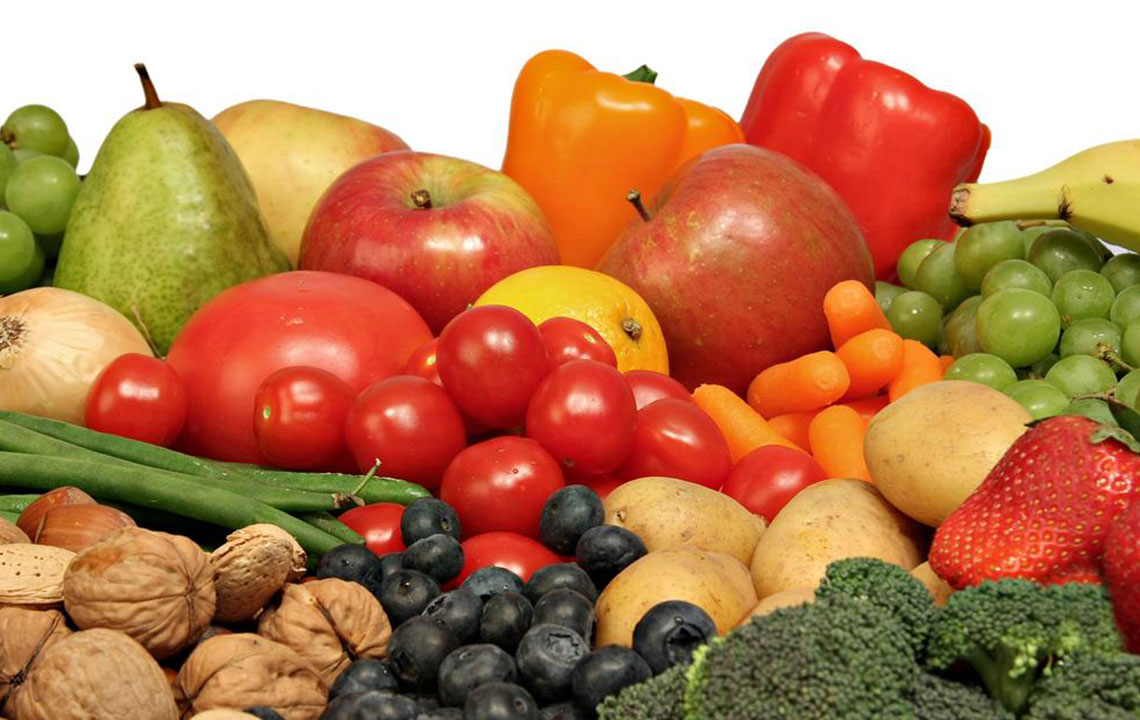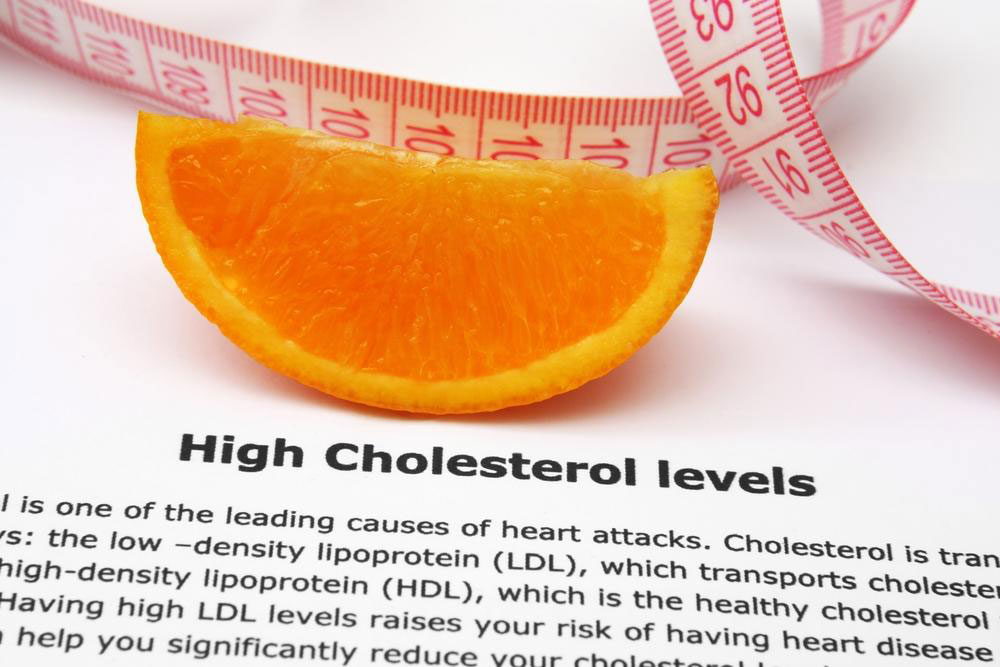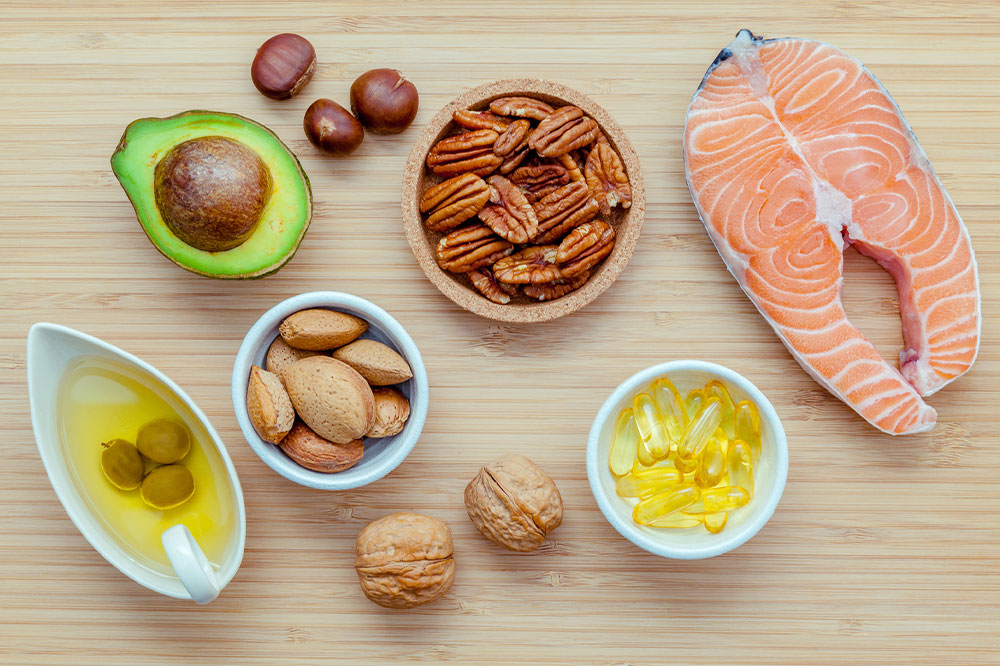Comprehensive Guide to Naturally Lowering Cholesterol with Food
Discover comprehensive strategies to naturally lower your cholesterol levels through diet. This detailed guide highlights the top foods such as oats, fatty fish, nuts, avocados, spinach, and tea, explaining their benefits and how to incorporate them into daily routines. Learn how small dietary adjustments can significantly reduce cardiovascular risks, improve your heart health, and promote overall wellness. Perfect for anyone seeking natural ways to manage cholesterol and lead a healthier life, this article provides practical tips and scientific insights for sustainable dietary changes.

Comprehensive Guide to Naturally Lowering Cholesterol with Food
Managing high cholesterol levels is a vital step toward safeguarding your heart health and preventing cardiovascular diseases. While medication can be effective, adopting a diet rich in specific foods can significantly aid in controlling cholesterol naturally. Incorporating certain nutritious foods into your everyday meals can lead to better cholesterol balance, reduce the risk of stroke and heart attack, and promote overall well-being. This guide explores the top foods that can help you lower cholesterol levels naturally, offering practical tips and dietary suggestions to enhance your heart health effectively.
Adopting a heart-healthy diet doesn’t require drastic changes. Small, consistent adjustments—such as adding nuts to your snack routine, selecting oily fish over red meats, and including fiber-rich grains—can make a substantial difference in your cholesterol profile. Regular consumption of these foods can also help curb unhealthy food cravings, support weight management, and improve overall cardiovascular health. Let's delve into the most potent dietary choices for naturally reducing cholesterol and how they can fit into your lifestyle seamlessly.
Oats
Starting your day with a wholesome breakfast featuring oats is one of the simplest yet most effective natural strategies to lower bad LDL cholesterol. Oats contain a soluble fiber called beta-glucan, which binds to cholesterol molecules in the digestive system and helps remove them from the bloodstream. Studies have shown that consuming just two servings of oats daily can reduce LDL cholesterol by approximately 5.3% in a little over a month. This makes oats an essential staple in a cholesterol-lowering diet.
To keep your breakfast varied and enjoyable, explore different recipes such as overnight oats, oatmeal with fresh fruits, or savory oat bowls. Incorporating spices like cinnamon or adding nuts can enhance flavor while boosting health benefits. Consistency is key—making oats a regular part of your mornings can significantly improve your heart health over time.
Fatty Fish and Salmon
Omega-3 fatty acids are powerful nutrients found abundantly in fatty fish like salmon, mackerel, sardines, and albacore tuna. These healthy fats are renowned for their ability to promote cardiovascular health by increasing beneficial HDL cholesterol while lowering harmful LDL cholesterol. Regular consumption of omega-3-rich fish has been linked to a 4% improvement in cholesterol profiles and a decrease in inflammation and blood pressure.
Replacing red meats or processed foods with oily fish is an excellent way to support heart health. Grilled, baked, or steamed fish makes a delicious meal that can be incorporated into weekly meal plans. Beyond cholesterol management, omega-3s also help reduce the risk of arrhythmias and support brain health, making fatty fish an essential component of a heart-healthy diet.
Nuts
Nuts are nutrient-dense, small powerhouses of healthy fats, fiber, and plant sterols that assist in lowering cholesterol levels. Studies published in the American Journal of Clinical Nutrition reveal that eating approximately 1.5 ounces of walnuts daily can lower total cholesterol by about 5.4% and LDL cholesterol by roughly 9.3%. Other nuts like almonds and cashews also contribute to improved cholesterol profiles.
However, nuts are high in calories, so moderation is crucial. About one and a half shot glasses of nuts each day is recommended as part of a balanced diet. Incorporating nuts into snacks, salads, or yogurt can be both satisfying and health-enhancing. Remember, individual responses vary, so consulting with a healthcare provider for personalized advice is advisable.
Avocado
This creamy fruit is hailed for its heart-healthy monounsaturated fats and plant compounds like beta-sitosterol, which help reduce total and LDL cholesterol. Regular avocado intake is associated with elevated HDL cholesterol levels, contributing to a healthier lipid profile.
Due to its high caloric content, portion control is essential. Toasted avocado slices, salads, or smoothies are excellent ways to include this nutritious fruit without overdoing calories. Consulting with a healthcare professional can help determine suitable portions for your dietary needs. By making avocado a regular part of your meals, you support better cholesterol management and overall cardiovascular health.
Spinach
Spinach is a highly nutritious leafy green rich in lutein, a pigment that plays a crucial role in preventing cholesterol accumulation in artery walls. Consuming half a cup of spinach or other lutein-rich vegetables regularly can help clear cholesterol from arteries, reducing the risk of blockages and heart attacks.
Incorporate spinach into salads, smoothies, or cooked dishes to maximize its benefits. Its versatility makes it easy to include in various meals. Combining spinach with other heart-healthy foods amplifies the positive effects on your cardiovascular system, making it an essential component of a cholesterol-lowering diet.
Tea
The health benefits of tea—whether black or green—extend beyond hydration. Rich in antioxidants like catechins, tea can help lower blood cholesterol levels and improve overall heart health. Consuming at least one cup of tea daily can contribute to reducing cholesterol and blood pressure, supporting a healthy circulatory system.
To enjoy its benefits, opt for unsweetened tea and try different varieties to keep your routine enjoyable. Combining tea consumption with other healthy habits, such as eating fiber-rich foods and exercising regularly, can greatly enhance your cardiovascular health.
If you already include these cholesterol-lowering foods in your diet, maintaining consistency is vital. If not, gradually incorporating them into your meals can lead to substantial health improvements over time. Remember, a balanced diet, combined with physical activity and lifestyle modifications, is the best approach to managing cholesterol naturally. Stay proactive about your health and inspire others to prioritize heart-healthy choices for a vibrant, longer life!





